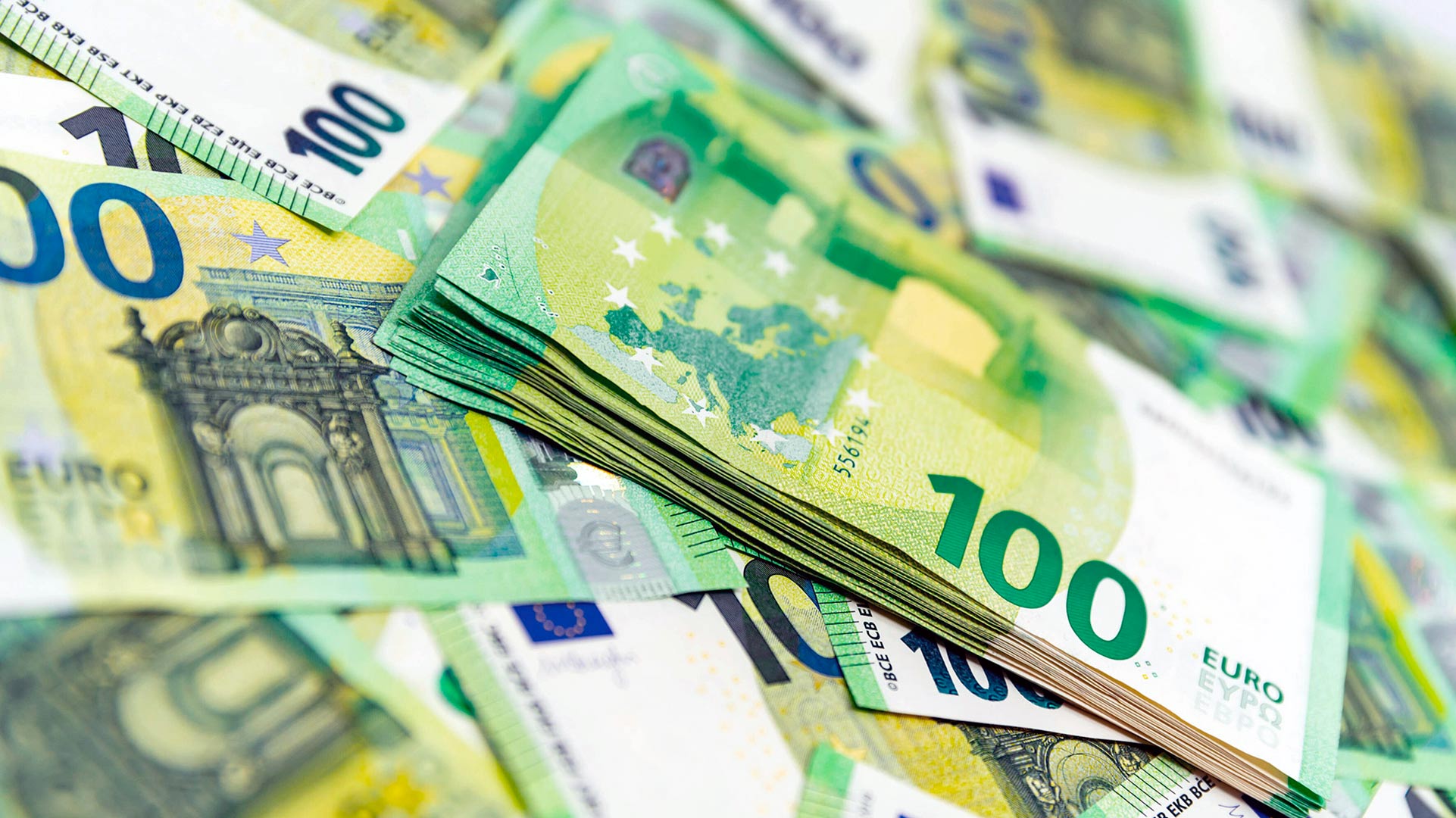
Bundesbank survey Germans are skeptical about the digital euro
Status: 16.06.2021 1:05 p.m.
The corona pandemic has further reduced the use of cash, also in Germany. According to the Bundesbank, Germans would be skeptical about the introduction of a digital euro. The European Central Bank (ECB) wants to decide this summer whether the introduction of a digital euro should be seriously tackled. This was announced last week by Burkhard Balz, board member of the Bundesbank. But the majority of Germans are skeptical about this project. Around 56 percent of all households surveyed were cautious in their initial assessment of the possible introduction of a digital euro, said Bundesbank board member Johannes Beermann yesterday in a speech at a cash conference of the German central bank. “Many of them are not convinced that this would offer sufficient additional value compared to the existing range of payment options.” Among other things, Beermann is responsible for the issue of cash on the board of the Bundesbank.
E-currency plans What the digital euro should be able to do While cryptocurrencies like Bitcoins are booming, the European Central Bank is working on the digital euro.
Largely unknown project
In addition, according to the survey results, 77 percent of all respondents have never heard of or read about a digital euro. And those who know about it, fear in the first place that their personal data is not adequately protected. The security of the new means of payment also raises questions among the population, as does its availability within the entire euro area and the avoidance of additional costs. According to the central bankers, the digital euro could help on the way to the Smart Economy or Economy 4.0 by enabling programmable payments and supporting processing using modern technologies. However, the Bundesbank executive also emphasizes that the digital euro is not intended to be a substitute for cash. It is about a complementary offer. “As long as there is demand for cash, we will also offer cash,” said Balz.
Cash and deposits Germans save in the crisis The stock market boom and the savings rate mean that German fortunes rise to a record level.
Cash as a safety cushion
ECB Director Fabio Panetta presented surprising figures on cash use during the Corona crisis at the Bundesbank conference. Accordingly, during the pandemic, people in the euro zone increasingly used cash as a safety cushion, although they made greater use of cashless forms of payment when shopping. According to Panetta, the demand for euro banknotes increased by 190 billion euros between March 2020 and May 2021. When comparing the volumes issued in spring 2020 with the average volumes of the past five years, this is an increase of four percent. At the same time, during the pandemic, significantly less purchases were made with notes and coins. “This seeming paradox – an increasing demand for banknotes despite a decline in cash payments – may be explained by the fact that people used cash as a means of dealing with uncertainty during the crisis,” said Panetta. Recent estimates suggest that even before the pandemic, only around 20 percent of the total amount of euro banknotes in circulation in the euro area had been actively used for payments. Panetta therefore assumes that euro notes and coins will survive the digital revolution.

























































 01/21/2021
01/21/2021 04/16/2021
04/16/2021



You must log in to post a comment.